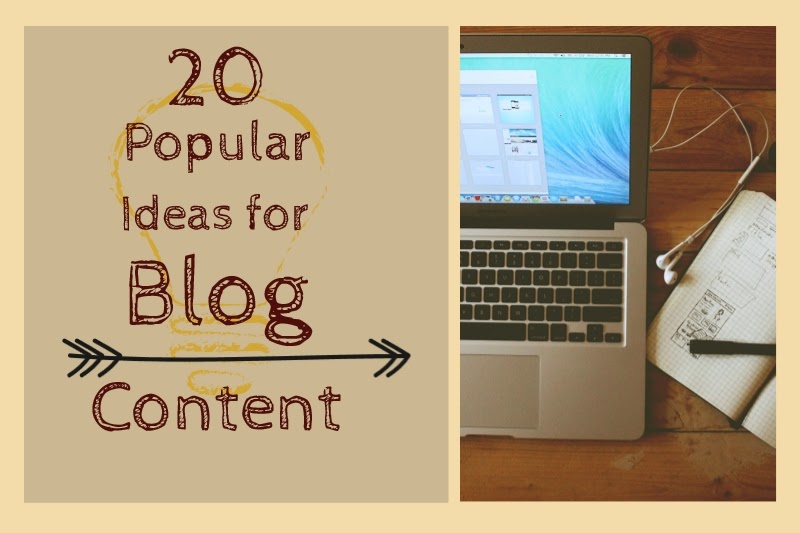Entrepreneur = [ahn-truh-pruh-nur, -noo r] A person who organizes and manages any enterprise, especially a business, usually with considerable initiative and risk.
Author = [aw-ther] A person who writes a novel, poem, essay, etc.; the composer of a literary work, as distinguished from a compiler, translator, editor, or copyist.
Author + Entrepreneur = Authorpreneur
2015 is Authorpreneur Almanac year.
Join me in my 365 Adventures in Writing and Entrepreneurship...
Test how authorpreneurial you are by taking this quiz:
http://ideaism.blogspot.co.uk/2015/03/are-you-scribbler-dabbler-or-wrangler.html
For the past few years I've been working with people curious about self employment, people in the early stages of turning their ideas into businesses and small businesses who have recently set up. One of the lessons I share with them, one I learned the hard way, is the importance of taking yourself seriously as a small business.
Viewing our creations can seem somehow cold
or disrespectful.
This is the first mistake;
being too precious about it. If you created it to sell it you need to be
prepared to give it up.

The second mistake is to aim for perfection. Perfection is a fallacy. Your work can only ever be good enough at that time in your life. Inevitably your work will improve over time, but it will only improve if you get feedback and continue to work at it. It won’t be perfect, perfection is impossible - but that’s OK. Accept it. Move on.
I argue that it isn’t
disrespectful to think of your book as a product. Quite the opposite in fact.
Surely all the hard work you’ve put in deserves to be rewarded? Surely it’s
more disrespectful to let your work gather dust in a drawer or languish
somewhere in the bottom of the internet undiscovered?
When I published my first book, The Bronze Box, I started to put into practice the advice I have been giving to other entrepreneurs and this time, I won't fail because I'm not treating it as a business.
I admit, I'm not great at following my own advice - I did, however set myself a measure of success, at which point I could feel that I had done what I set out to do. I set myself a goal of selling 1,000 books in three years. 18 months in, I had doubled this target.
I admit, I'm not great at following my own advice - I did, however set myself a measure of success, at which point I could feel that I had done what I set out to do. I set myself a goal of selling 1,000 books in three years. 18 months in, I had doubled this target.
I now have two books available and I'm working on the final installment in the Sheridan and Blake Adventure Series, Gabriel's Game.
My day jobs have always revolved around enabling others. In fact, it's taken me a while to realise this, but there are really only three things I can do:
Writing. Speaking and Enabling others and at the heart of this is my love of stories.
My day jobs have always revolved around enabling others. In fact, it's taken me a while to realise this, but there are really only three things I can do:
Writing. Speaking and Enabling others and at the heart of this is my love of stories.
There is no magic formula to being successful in business, but there are logical, practical, sensible steps that apply to every business.
These key functions within the life of your business are universal, the difference is in the scale. I call these processes the Business Life-cycle and here's the flow chart to put it into context that I have developed when working with small businesses of all persuasions.
A number of colleagues, friends and business associates have suggested I compile my knowledge into a book and I'm currently in the process of writing my first non-fiction book.
In 2014 I completed a 365 day project: 'Operation Author: 365 Actions to Becoming a Successful Author' where each week I shared seven actions I had completed to further my writing career.
It seemed natural to turn the lessons learned from this process into a series of books. The first of which will be out in the summer of 2015:
Operation Author: So you've published a book... now what?
So what's it all about? Well, here's the blurb:
To come up with this blurb, I conducted some research on similar business books to get some ideas.
I've used some of the tips from this really useful book in my own marketing. It's simple to use and gives a good overview of the characteristics of the main social media channels.
This is a great reference guide that I dip in and out of regularly.
I've been reading content on Joanna Penn's excellent The Creative Penn site for a while and pinning stuff from it frequently
http://www.thecreativepenn.com/blog/
Visit Amy Morse - Authorpreneur's profile on Pinterest.
What business books would you recommend to writers?








